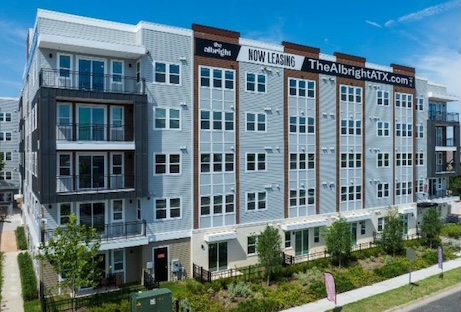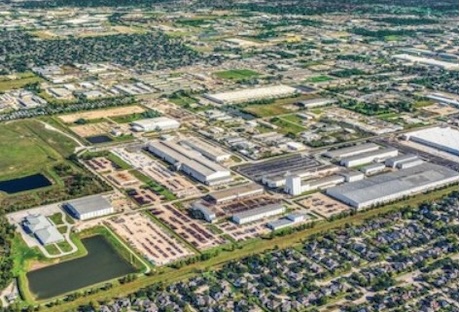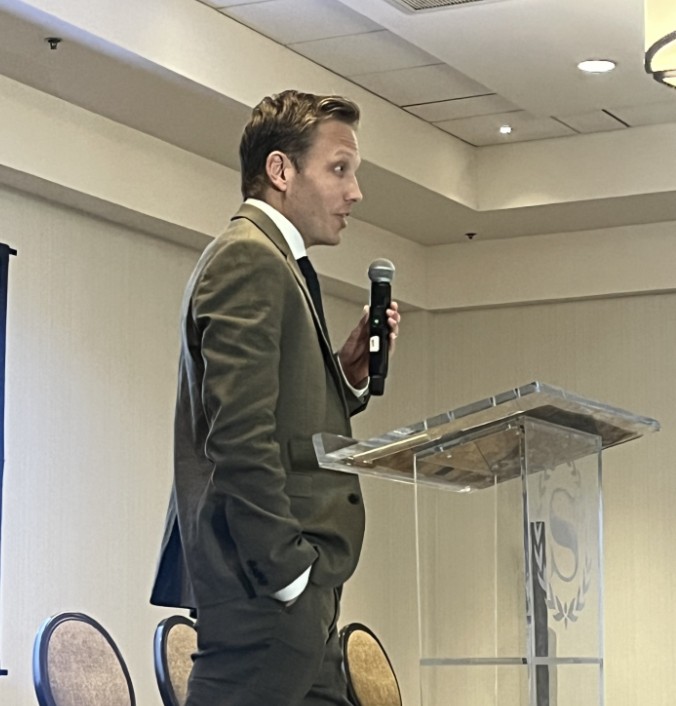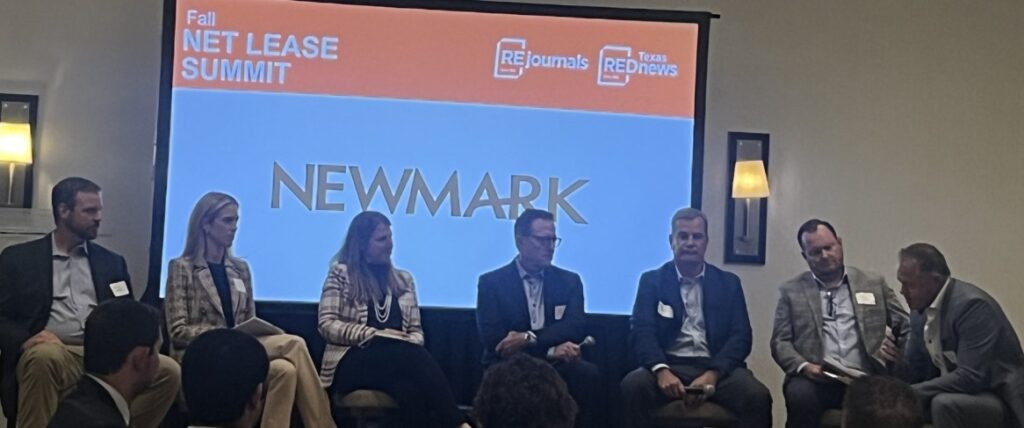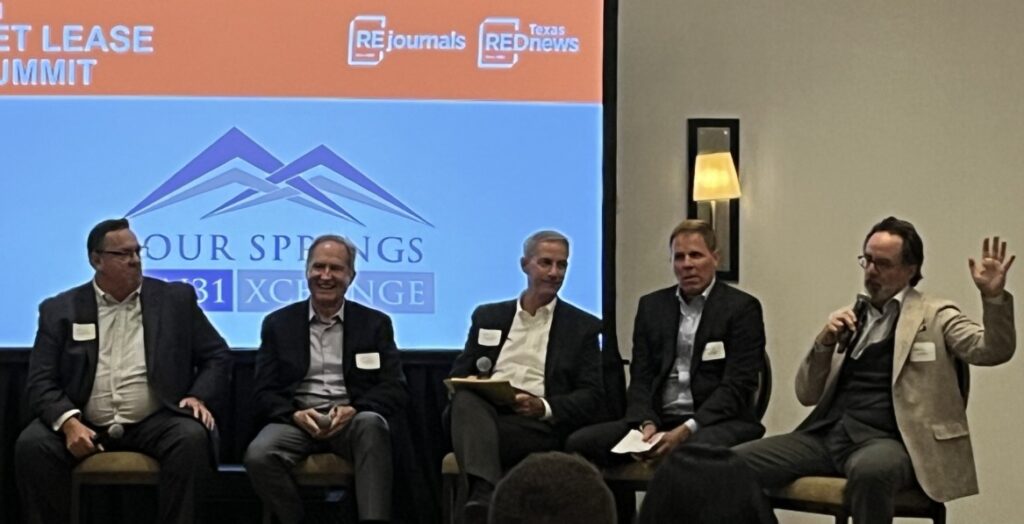Tax deferral is one of the most powerful strategies for real estate investors, but not all provisions of the Internal Revenue Code (IRC) work the same way.
Two sections in particular, Section 1031 and Section 1033, are often confused. Both allow you to defer capital gains, but their circumstances and requirements differ dramatically. Knowing which section applies can mean the difference between a smooth deferral and a costly tax bill.
Section 1031
Most investors are familiar with Section 1031, the like-kind exchange provision. It applies when you voluntarily sell a business-use or investment property and reinvest the proceeds into another like-kind real property. To qualify:
• The transaction must be voluntary, meaning you chose to sell.
• An accommodator, such as a Qualified Intermediary (QI), must hold the sale proceeds. You cannot take possession of the funds.
• You have strict deadlines: 45 days to identify replacement property and 180 days to complete the purchase.
• Replacement property must be real estate held for business or investment purposes.
Think of Section 1031 as a structured strategy. It is elective, precise, and heavily dependent on compliance with timelines and procedures.
Section 1033
Section 1033 applies in very different situations. Known as the “involuntary conversion” provision, it covers dispositions of property that is taken, sold under threat, or destroyed without your consent. Examples include condemnation by a city for a public project, seizure through eminent domain, theft, or destruction in a fire, flood, or natural disaster.
Key points about 1033:
• The transaction is somewhat involuntary, meaning you may not wish to sell, but due to outside events or forces, you are compelled to sell.
• An accommodator is not required; you may receive proceeds directly and still qualify if you reinvest properly by acquiring a suitable replacement property.
• The timelines are longer and more flexible: generally, two years to reinvest, though some real property condemnations allow three years, and federally declared disaster areas may permit even longer.
• The general rule is that replacement property must be “similar or related in service or use,” which can be a stricter test than the “like-kind” standard under 1031.
Think of Section 1033 as a safety net. It recognizes that you did not choose to dispose of your property and provides more time, but it also imposes tighter rules on what qualifies as replacement property.
An exception to the “similar or related in service or use” of 1033
If you lose your property through theft, or in a storm or natural disaster, and receive an insurance payout, the rules require the replacement property to be the same or very similar to the lost property.
Interestingly, if you have commercial real estate property (not inventory) that is disposed of through government seizure (or threat thereof), eminent domain, or condemnation, an exception to the rule reverts to the more flexible “like-kind” standard that is used under Section 1031.
Key differences between 1031 and 1033
Investors often blur the line between 1031 and 1033, but the distinctions matter:
• Voluntary vs. Involuntary: 1031 is elective, 1033 is imposed by outside forces.
• Identification and Timing: 1031 requires 45-day and 180-day deadlines; 1033 timelines are not as clear; generally, two years from the last day of the year in which the disposition event occurred, and sometimes the timelines extend even longer under certain conditions, like condemnation.
• Role of an accommodator or Qualified Intermediary: Mandatory in 1031, not required in 1033.
• Replacement Property Rules: “Like-kind” under 1031 versus “similar or related in service or use” under 1033, unless it is condemned commercial real estate that is eligible for the more preferential “like-kind” standard.
• Proceeds: An investor cannot touch the funds under 1031. Under 1033, you can hold your own proceeds, but you must acquire a qualifying property of equal or greater value to defer taxable gain.
Real-world examples
• If you voluntarily sell a rental duplex to another investor, and you purchase a fourplex, then 1031 may apply with the facilitation of a Qualified Intermediary.
• If the city condemns your warehouse to make way for a highway expansion, then 1033 may apply if you acquire replacement property of equivalent value within three years.
• If you swap raw land for a retail mall, then 1031 may apply.
• If a fire destroys your bowling alley property and insurance pays out a claim, then 1033 may apply if you use those insurance proceeds to purchase a property of similar or related use. . .such as another bowling alley.
Why it matters for investors
Misclassifying your situation can lead to missed deadlines, improper handling of funds, or unnecessary tax exposure. If you assume 1031 applies when your property was condemned, you might follow timelines that are unnecessary. On the other hand, if you treat a voluntary sale as 1033, you could end up with a taxable event you were not expecting.
Final takeaway
Section 1031 and Section 1033 are both powerful tax deferral tools, but they are not identical. Understanding the main difference, voluntary exchange versus involuntary conversion, is essential. Work closely with a Qualified Intermediary or tax advisor early in the process to confirm which section applies. That step can safeguard your equity, protect your tax deferral, and keep your investment strategy firmly on track.
Jeff Peterson is a Minnesota attorney and former adjunct professor of tax law. He serves as President of Minneapolis-based Commercial Partners Exchange Company, LLC, where he facilitates forward, reverse, and build-to-suit 1031 exchanges nationwide. Jeff regularly collaborates with attorneys, accountants, and real estate professionals on exchange strategies. Reach him at 612-643-1031 or JeffP@CPEC1031.com or on the web at www.cpec1031.com.




